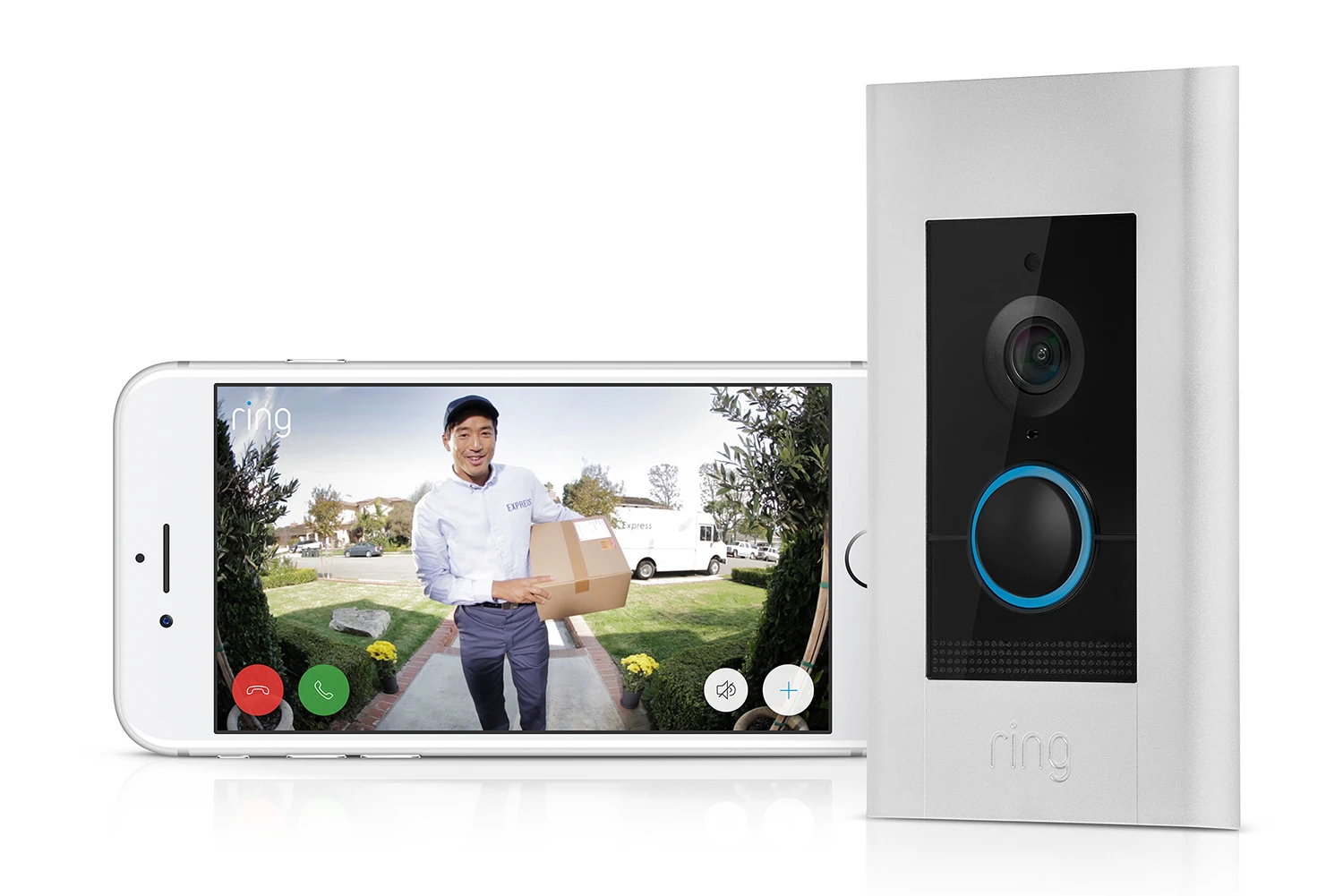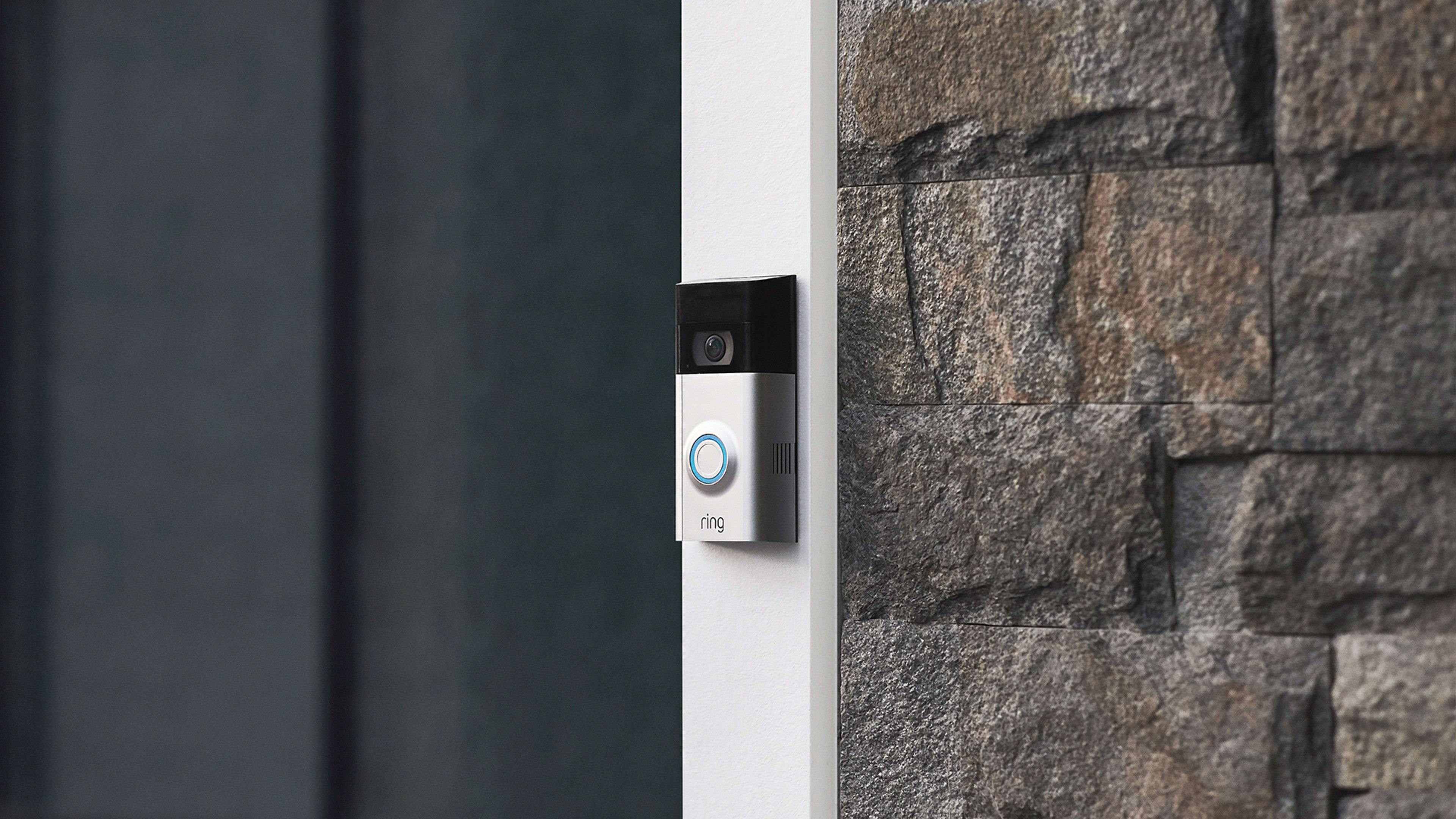Amazon’s acquisition of the digital doorbell-cam company Ring is a perfect example of how the retail giant uses its Alexa Fund investment arm to get an early line on good technology and good people that might help extend the Alexa vision.
According the New York Times, Amazon paid $1.1 billion for Ring, which makes security cameras and video doorbells which stream live video and audio to smartphones. (It’s also a 2018 Fast Company Most Innovative Company.)
Ring was an early portfolio company of Amazon’s Alexa Fund, which got off the ground in 2015. Amazon invested an unknown amount in the startup as part of a funding round in March 2016, according to Crunchbase. As I wrote in our recent feature, the Alexa Fund’s main goal is to seek out startups that might extend Alexa into new parts of consumers’s lives. There’s already an Alexa skill for the Ring doorbells and cameras. It lets users ask Alexa to show them their front door video feed on an Echo Show‘s video screen. Once Ring is part of Amazon this integration with Alexa is likely to go much further, however, and might even extend into Amazon’s core online retail business.

Here’s how Ring describes that function at its blog: “Ring Video Doorbells sends you instant alerts when anyone presses your Doorbell or triggers its built-in motion sensors, so you’ll always know when packages are delivered or if thieves are lurking. And with Ring’s two-way talk, you can tell your courier where to hide your packages and warn strangers that they’re on camera.”
Amazon’s main goal as a merchant is to reduce the time and hassle of online shopping. The company wants the gratification customers get from buying something at its marketplace to be as instant as possible. So the idea that Ring doorbell cams might be used to allow delivery people to securely drop packages inside the home is extremely attractive to Amazon.
Actually, Amazon already offers such a service in Amazon Key, which combines its own Cloud Cam camera and a third-party smart door lock to let customers give (monitored) front door access to Amazon delivery staffers, as well as other trusted workers like dog walkers. The Ring technology could enhance or even replace the current Amazon Key hardware and service.
And an offering that included Ring’s doorbell might be a good deal, says Above Avalon analyst Neil Cybart. “You can then wrap a retail subscription around this experience to make it easy for the consumer,” he writes in a Wednesday research brief. “In theory, $300 per year gets you free shipping, a digital helper for ordering stuff (Alexa), and a smart home security system for easy delivery into your home.”
The bottom line is that Ring was a hot property, the first and best-known player in the doorbell cam space. It was the Alexa Fund that established Amazon’s relationship with Ring. Ring ended up helping Amazon define how a doorbell cam could be used and controlled by Alexa. But most importantly the fund’s investment in the company may have given Amazon right of first refusal for a full acquisition. Amazon and Ring are probably a lot happier with that scenario than one where Amazon partnered with a smaller company and then competed with it.
Recognize your brand’s excellence by applying to this year’s Brands That Matter Awards before the early-rate deadline, May 3.
